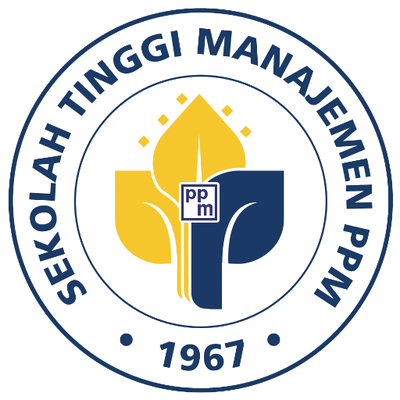Analisis SWOT dan Media Pembelajaran di Politeknik dalam Masa Covid-19
Abstract
Keywords
References
Bennett, N., & Bloom, B. S. (1979). Human Characteristics and School Learning. British Journal of Educational Studies, 284. https://doi.org/10.2307/3119887
David, F. R. (2011). Konsep Manajemen Strategis. Acta Universitatis Agriculturae et Silviculturae Mendelianae Brunensis. Jakarta: Salemba Empat.
Kotler, P., & Keller, K. L. (2009). Marketing Management (13th ed.). New Jersey: Prentice Hall.
Lumpkin, G. T., & Dess, G. G. (2006). The effect of “simplicity†on the strategy-performance relationship: A note. Journal of Management Studies. https://doi.org/10.1111/j.1467-6486.2006.00652.x
Nizam. (2020). Pendidikan Vokasi Ubah Strategi Pembelajaran. Retrieved from https://www.beritasatu.com/nasional/638949-selama-pandemi-pendidikan-vokasi-ubah-strategi-pembelajaran
Pusriawan, P., & Soenarto, S. (2019). Employability skills of vocational school students in Palu City for entering the work world. Jurnal Pendidikan Vokasi, 9(1), 33–42. https://doi.org/10.21831/jpv.v9i1.23351
Rangkuti. (2008). Analisis SWOT-Teknik Membedah Kasus Bisnis. Jakarta: PT. Gramedia Pustaka Utama.
Sakarinto, W. (2020). Pendidikan Vokasi Ubah Strategi Pembelajaran. Retrieved from https://www.beritasatu.com/nasional/638949-selama-pandemi-pendidikan-vokasi-ubah-strategi-pembelajaran
Sanjaya, W. (2007). Strategi Pembelajaran Berorientasi Standar Proses Pendidikan. Jakarta: Kencana Prenada Media Group.
Sugiyono, P. D. (2016). Metode Penelitian Kuantitatif, Kualitatif, dan R&D. Alfabeta. Bandung.
Tóth, P. (2012). Learning Strategies and Styles in Vocational Education. Acta Polytechnica Hungarica, 9(3).
Wignaraja, G. (2005). Competitiveness Strategy in Developing Countries: A Manual for Policy Analysis. Competitiveness Strategy in Developing Countries. Abingdon: Routledge. https://doi.org/10.4324/9780203466032.
DOI: https://doi.org/10.34149/jmbr.v18i1.222
Indexing
JMBR Editorial Office: PPM School of Management, Jl. Menteng Raya 9-19 Jakarta 10340 Phone: 021-2300313 ext 2354

License
JMBR is using CC BY License
This work is licensed under a Creative Commons Attribution 4.0 International License.


















